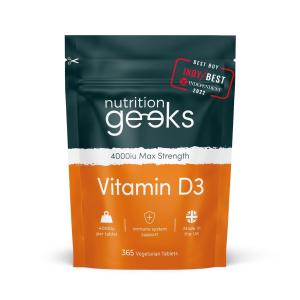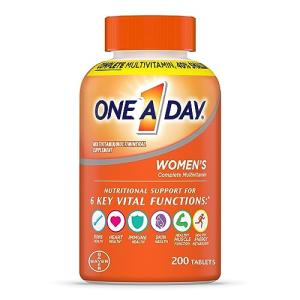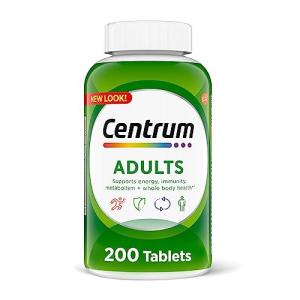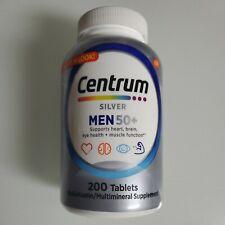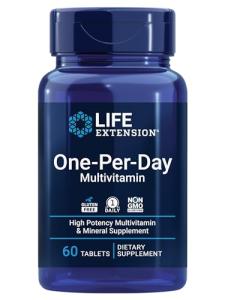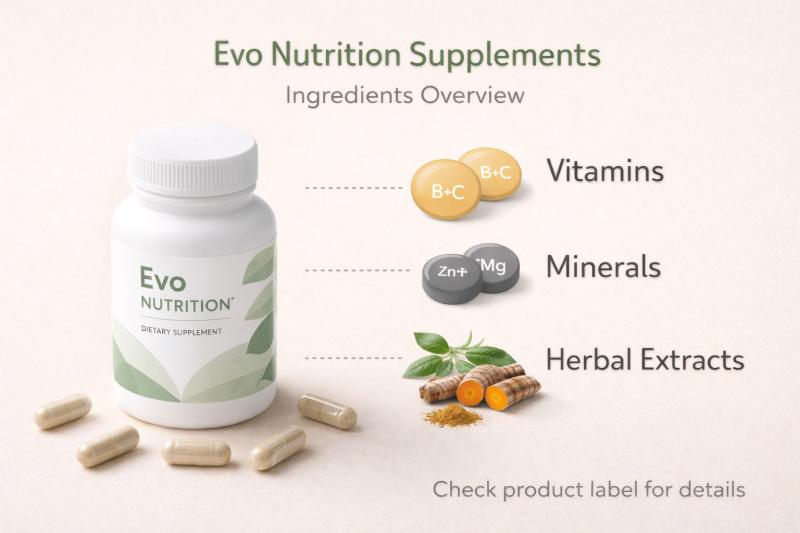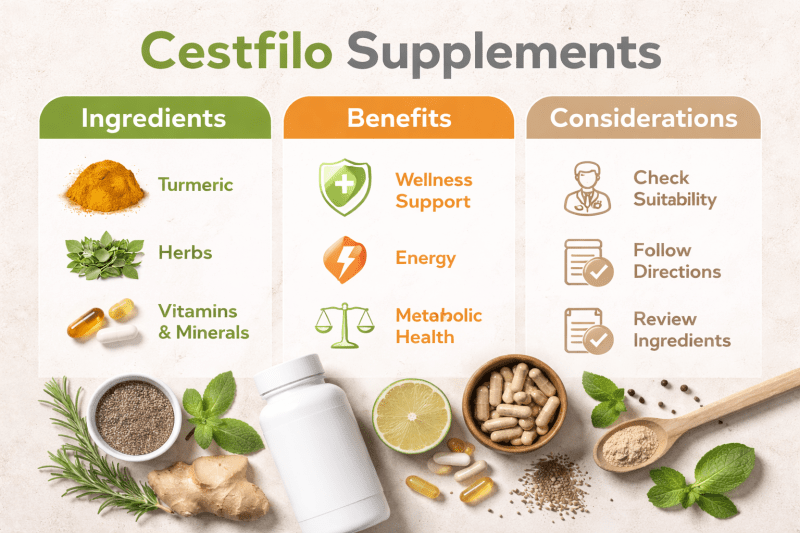The Benefits and Risks of Taking Vitamin Supplements
Vitamin supplements are a popular way to ensure that the body is getting enough essential vitamins and minerals. However, like most things, there are both benefits and risks associated with taking vitamin supplements. Here, we will discuss some of the most important aspects to consider.
The Benefits of Taking Vitamin Supplements:
- Prevention of vitamin deficiencies: Despite our best efforts to eat a healthy diet, it can be difficult to get all the necessary vitamins and minerals our body needs. Vitamin supplements can help fill in these gaps and ensure that we are not deficient in important nutrients.
- Improved immune system function: Some vitamins, such as vitamin C and vitamin D, are essential for maintaining a strong immune system. Taking these supplements can help boost immunity and reduce the risk of illness.
- Reduced risk of chronic diseases: Studies show that some vitamins, such as vitamins A, C, and E, may help reduce the risk of chronic diseases such as heart disease, cancer, and stroke.
The Risks of Taking Vitamin Supplements:
- Potential for overdose: Vitamins are necessary for good health, but too much of a good thing can actually be harmful. High doses of certain vitamins can be toxic and even life-threatening.
- Interactions with medications: Some vitamins can interfere with certain prescription medications. For example, vitamin K can interfere with blood-thinning medications such as warfarin.
- Health conditions: Certain health conditions may be worsened by taking certain vitamin supplements. For example, taking vitamin E supplements may increase the risk of bleeding in people with vitamin K deficiencies.
Conclusion:
Vitamin supplements can be beneficial when taken properly and under the guidance of a healthcare professional. However, it is important to be aware of potential risks and to do your research before starting any new supplements. If you are unsure about whether vitamin supplements are right for you, speak with your healthcare provider.
Choosing the Right Vitamin Supplement for Your Needs
Choosing the right vitamin supplement can be a daunting task as there are so many options available in the market. Here are some tips that can help you select the right supplement for your needs:
1. Check Your Diet First
Before choosing a vitamin supplement, it's essential to evaluate your current diet. A balanced and healthy diet should provide you with all the essential vitamins and nutrients that your body needs. If your diet lacks certain vitamins, you might benefit from a vitamin supplement.
2. Consider Your Age and Gender
The vitamin needs of your body change as you grow older, so it is essential to choose a supplement that is appropriate for your age and gender. For example, iron supplements are more suitable for women, while men may benefit from supplements that contain saw palmetto or lycopene.
3. Assess Your Health Status
If you suffer from certain health conditions such as celiac disease, lactose intolerance, or other food allergies, you may require specific vitamins and nutrients that your body may not absorb efficiently from foods. In such cases, a vitamin supplement can be a helpful addition to your diet.
4. Read the Labels Carefully
When you choose a vitamin supplement, it is essential to read the label carefully to ensure that it contains the specific vitamins and minerals that you need. Look for supplements that provide 100% of the recommended daily allowance (RDA) for each nutrient.
5. Choose a Reliable Brand
Choose a reputable and reliable brand that adheres to Good Manufacturing Practices. This ensures that the supplement is free of contaminants and contains the ingredients listed on the label in the correct amount.
By following these tips, you can choose the right vitamin supplement that meets your body's needs, supports your health, and helps you lead a healthy and balanced life.
The Role of Vitamin Supplements in Maintaining Good Health
Vitamin supplements have long been touted as essential for maintaining good health. They are widely available and come in many different forms, from tablets and pills to powders and liquids. While it is always best to get your nutrients directly from food, vitamin supplements can be a useful addition to your diet, especially if you are not getting the recommended daily amount of certain vitamins.
What Are Vitamins?
Vitamins are organic compounds that are essential for normal growth and maintenance of the human body. They are required in small quantities to promote good health and to support the body's many functions. There are two broad categories of vitamins:
- Water-soluble vitamins, which include vitamin C and the B vitamins (thiamine, riboflavin, niacin, pantothenic acid, vitamin B6, biotin, and vitamin B12). Water-soluble vitamins are not stored in the body and must be replenished daily.
- Fat-soluble vitamins, which include vitamins A, D, E, and K. Fat-soluble vitamins are stored in the body's fatty tissues and liver and are not required daily.
Benefits of Taking Vitamin Supplements
While it is always best to get your nutrients directly from food, taking vitamin supplements can have a number of benefits:
- Supplementing with vitamins can help ensure that you are getting all of the essential vitamins and minerals that your body needs to function properly.
- If you have a restricted diet (such as a vegan or vegetarian diet) or if you have certain health conditions that make it difficult for your body to absorb certain nutrients, vitamin supplements can help ensure that you are getting these nutrients in the right amounts.
- Vitamin supplements can also help boost your immune system and support your overall health and well-being.
- Some studies suggest that certain vitamins can help reduce the risk of certain chronic diseases, such as heart disease and cancer.
Choosing the Right Vitamin Supplements
When choosing vitamin supplements, it is important to choose high-quality supplements that contain the right amounts of each vitamin. Look for supplements that are certified by third-party organizations, such as the US Pharmacopeia (USP) or the National Science Foundation (NSF).
It is also important to choose supplements that are appropriate for your age, gender, and health status. Consult with a healthcare provider to determine what vitamins you may need and in what amounts.
Finally, be aware that certain supplements can interact with medications or cause adverse effects in certain individuals. Always speak with a healthcare provider before beginning any new supplement regimen.
Conclusion
Vitamin supplements can be a useful addition to your diet, especially if you are not getting the recommended daily amount of certain vitamins. However, it is important to choose high-quality supplements that are appropriate for your age, gender, and health status. Always consult with a healthcare provider before beginning any new supplement regimen.
Vitamin D3 4000IU Supplements - 365 Tablets
Boost your immune system and support bone health with these easy-to-take vitamin D3 tablets
Product information
$9.43
Product Review Score
4.63 out of 5 stars
148 reviews
